The Cheesecake Factory and Other Major Companies That Offer Employee Stock Options

Most financial advisors would agree that it's hard to get rich simply on a salary, even if you're a super saver. The key to long-term wealth is investment, which can multiply your money many times over by the time you retire.
Also See: 21 Stock Perks That Will Blow Your Mind
Learn: 6 Employee Equity Mistakes To Avoid, According to Experts
One great way to get ahead in the investment game is to work for an employer that provides you with stock options, restricted stock units or other stock-related benefits. If your company's stock does well over time, you can reap great financial rewards. Here are some of the most well-known companies that offer stock benefits to employees.
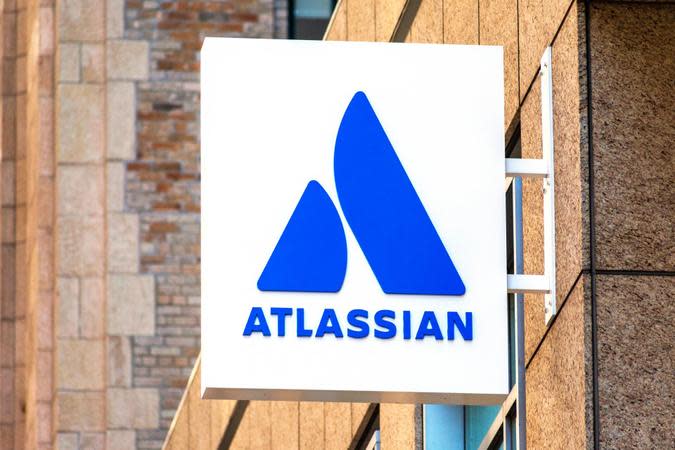
Atlassian (TEAM)
At 19% of annual revenue, the level of stock compensation at Atlassian is high. Employees give the company an A+ for overall compensation, including high marks for its restricted stock offerings and its four-year vesting schedule. Stock-based compensation for the 12 months ended Dec. 31, 2021, reached $1.152 billion, up 39.21% over 2020 levels.

The Cheesecake Factory (CAKE)
In addition to offering sweets that its customers can't resist, the Cheesecake Factory also offers employees an enticing array of benefits that include stock options. In 2016, the company told Fortune magazine that it was the first in its industry to allow its management team to become shareholders. The company also uses stock options and restricted stock units to retain its best employees. In 2020 alone, the company issued $210 million in stock-based compensation to its employees.
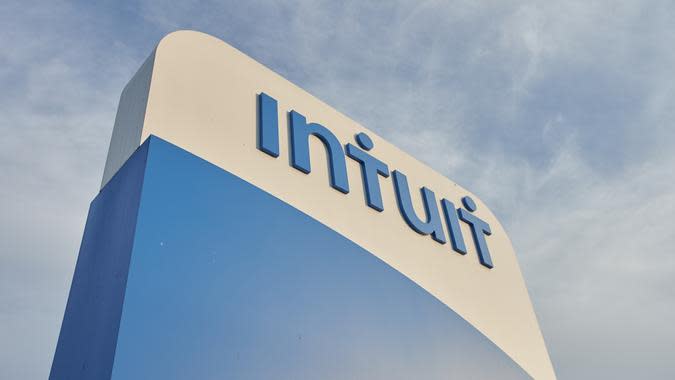
Intuit (INTU)
Intuit offers restricted stock units with a fairly standard four-year vesting schedule. The first 25% vests at the end of the first year, with 6.25% vesting quarterly thereafter, amounting to an additional 25% per year for years two through four. Employees generally like the RSU schedule, scoring it an A+ and noting that it is tilted in favor of high performers. Annual stock compensation at the company jumped 73.1% in 2021 vs. 2020, amounting to $753 million.
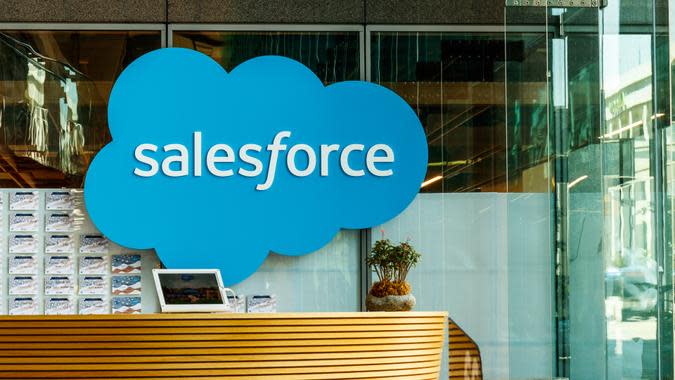
Salesforce (CRM)
Salesforce is enough of an industry leader that it got named one of the 30 stocks of the venerable Dow Jones Industrial Average in September 2020. Yet, it still pays out a considerable amount of stock compensation to its employees, to the tune of $5.974 billion for the 12 months ended Dec. 31, 2021. Perhaps not surprisingly, employees give the company a rating of A+ for its overall compensation package, even commenting on how restricted stock units are given "freely and generously."

Whole Foods Market (WFM)
When it was an independent company, Whole Foods Market was well regarded by employees as having a great restricted stock unit program. At the time, Whole Foods offered restricted stock units that would vest over a four-year period to employees with at least 6,000 service hours. This program seemed unlikely to continue under Amazon's wing until some employees called to form a union. As a result, an Amazon equity program was created, following the same terms as under Whole Foods -- restricted stock units with a four-year vesting plan awarded to employees with at least 6,000 service hours.

Apple (AAPL)
Apple is the largest company in the world, so it would make sense that it pays out a lot in stock compensation. However, the amount is truly staggering. For the 12 months ended Dec. 31, 2021, Apple paid out an incredible $20.133 billion in stock compensation, up 15.97% year-over-year. Part of this immense payout came in the form of restricted stock units worth up to $180,000 used to retain top talent in 2021.
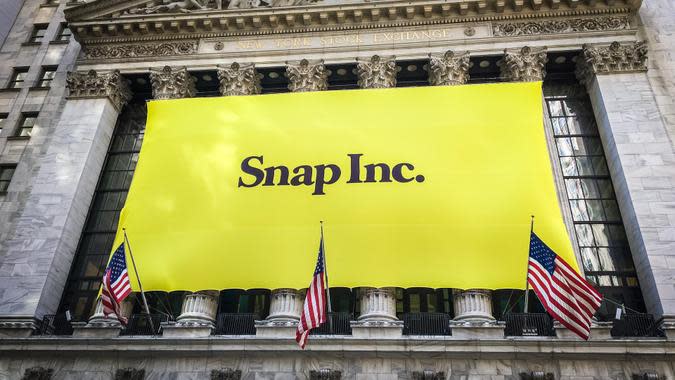
Snap (SNAP)
According to Barron's, most tech companies take large losses after going public thanks to employee stock vesting. This is one of the ways that startup companies, especially nonprofitable ones, can still compensate high-value employees without degrading their cash flow. Snap fits this mold perfectly, as it took a huge $192.1 million charge for stock-based compensation in Q3 2020. That presented 28% of the company's quarterly sales. For the year, stock-based compensation at Snap reached 40%, the highest amount of any company reviewed by Barron's. Total annual stock-based compensation for the company in 2021 was $1.092 billion, up 41.8% over 2020.
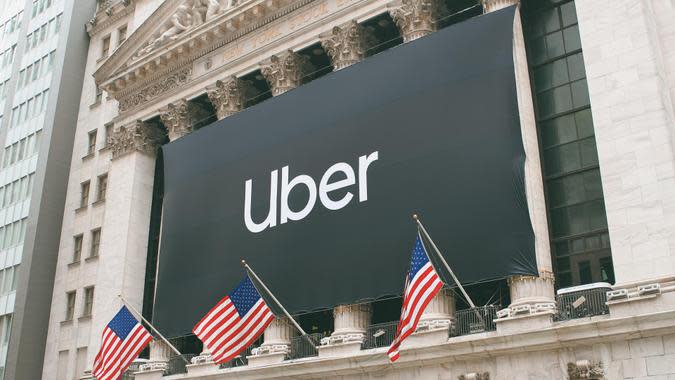
Uber (UBER)
Although its primary business description may be "rideshare service," Uber is at its heart a technology company. Following the same mold as Snap, Uber pays a high amount of its revenues in the form of stock compensation to employees, to the tune of 33% in fiscal 2020. This was enough to rank the company No. 2 on Barron's list of top companies by stock compensation.
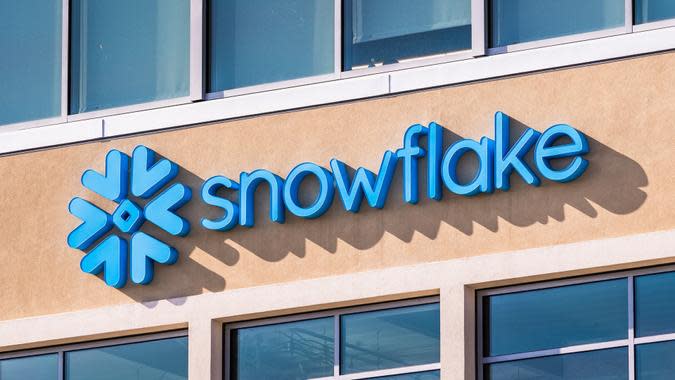
Snowflake (SNOW)
Snowflake went public in 2020 and, as with other newly public tech companies, it paid out a high percentage of its revenue in the form of stock compensation. For fiscal 2020, Barron's reports that the company's stock compensation as a percentage of its revenue was 30%. Stock compensation has only continued to grow at the company, as it paid out $459 million in just the quarter ending Oct. 31, 2021, representing growth of 191.14% year-over-year.
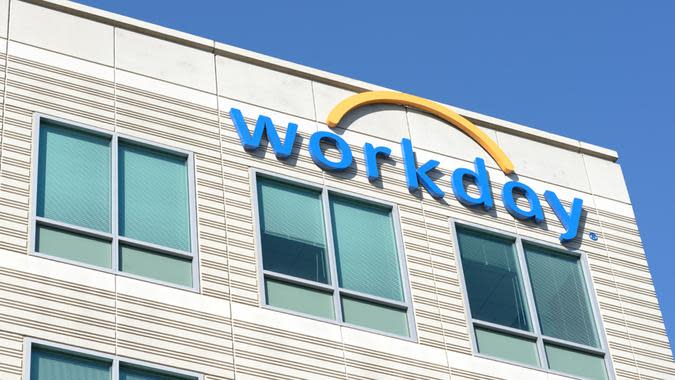
Workday (WDAY)
Employees love the benefits offered by Workday, especially its restricted stock units, which are paid out annually and vest quarterly after just one year. The company also ranks No. 4 on Barron's stock compensation list by virtue of paying out 24% of its annual revenue as stock compensation. For 2021, the total stock compensation paid out by Workday reached a whopping $1.005 billion, up 16.9% over 2020.
More From GOBankingRates
This article originally appeared on GOBankingRates.com: The Cheesecake Factory and Other Major Companies That Offer Employee Stock Options

